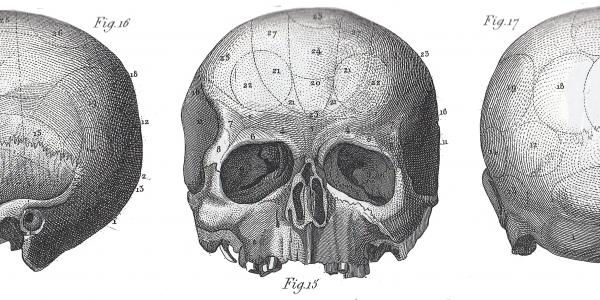Rethinking Objectivity in Psychiatry: Unmuting Patients in Epistemic Practices
One of the central aims of psychiatry is to identify the properties of mental disorders to enable their diagnosis and treatment. As a branch of both science and medicine, psychiatry draws on a variety of scientific and medical practices to glean information about these properties. These practices include scientific research on mental disorders, such as clinical drug trials for depression treatment, as well as clinical research, such as case studies on treatment resistant depression. The ultimate goal is to develop effective interventions into mental disorders. While the first-person experience and reports of individuals with mental disorders provide unmatched resources for investigating the properties of mental disorders and designing effective interventions, dominant psychiatric frameworks have not systematically included patients in the scientific inquiry. Patient communities are rarely considered “subjects” who produce knowledge. Rather, patients are “objects” of investigation, e.g., when they are recruited for clinical trials. This problematic epistemic exclusion is most evident in the creation/revision process of the Diagnostic and the Statistical Manual of Mental Disorders (DSM), i.e., the primary classificatory schema used to expand knowledge on mental disorders. From the publication of the DSM-I (1952) to the DSM-5 (2013), patients were never part of the decision-making process. While there were extensive calls to the American Psychiatric Association (APA) to include patients and their families in the DSM-5 revision process to make it more democratic, the APA opposed this on epistemic grounds, suggesting patients’ involvement would compromise psychiatry’s commitment to objectivity.
In this paper, I argue there are epistemic – rather than exclusively social/political – reasons for including individuals with mental disorders in psychiatry’s efforts to identify the properties of mental disorders. In the context of the crisis, controversy, and uncertainty in current mental health research and treatment, individuals with mental disorders can serve as important resources to enhance psychiatric epistemology. I challenge APA’s position by demonstrating the notion of objectivity operant in its reasoning is insufficiently examined. It is reminiscent of positivism which characterizes objectivity as “detached” or “impartial” knowledge. An account of scientific objectivity developed by feminist philosophers is a better fit for psychiatry. As a collective enterprise shaped by a variety of scientific and medical practices that aim to develop effective interventions for mental disorders, psychiatry requires the inclusion of patients’ perspectives if it is to be objective. In what I call the Participatory Intersubjective Objectivity in Psychiatry (PIOP) view, psychiatry represents the activity of an expert community, including those with technical expertise (medical professionals) and those with experience-based expertise (patients). The engagement between different kinds of experts not only allows a diversity of views to go through a process of transformative criticism, enhancing objectivity, but also facilitates the development of effective treatments of mental disorders that will help patients flourish, not just survive.

